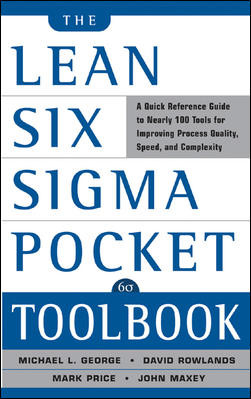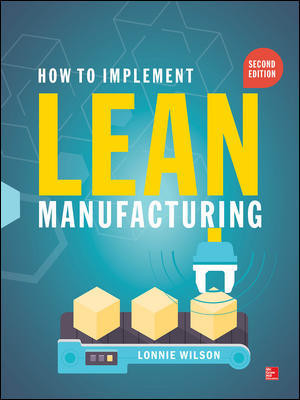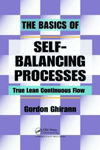Leading Lean: Your Lean Library
Read a book today; take action tomorrow. The person’s job you improve might be your own.
The best learning comes from doing. Short of that, reading a good book is worth your time. Considering there are more books on lean than anyone has time to consume, here are a few of my favorites that you might want on your holiday wish list.
First is an old book recently reborn thanks to the labor of Jon Miller: Taiichi Ohno’s Workplace Management. Many lean readers are familiar with Ohno’s popular Toyota Production System. Ohno was a hard-charging, focused and inventive leader. To see his personality come through, read Workplace Management. You will truly see the good, the bad and the ugly of the man himself.
Ohno’s central lesson is the elusive principle of going to the gemba, or real place. I refer to this as directly observing the work. Many lean leaders still fail to practice this principle. Ohno will at least instill a strong sense of its importance. Most of us would like to go to the gemba with Ohno himself, but this book may be the closest we can get to that experience.
Books about Toyota seem to be coming out regularly, now that its success is common knowledge. The vast majority of these books are written from a great distance, based on anything from interviews to assumptions. The Toyota Way Fieldbook was co-authored by Jeff Liker and David Meier. David is a former Toyota Group Leader. He didn’t create the Toyota Production System, but he worked within it every day, on the front lines in the battle on waste.
Too many books overemphasize the events of lean such as kaizen and 5S. The Fieldbook fills in what I call the “white space” of lean-what every person in a lean organization should be doing each day to deal with problems. The Fieldbook covers aspects of problem solving not often shared. This book should help you take action one skill at a time.
I am still a very big fan of the two books by Kiyoshi Suzaki. My copies of The New Manufacturing Challenge and The New Shop Floor Management are written in and worn. Suzaki’s books are very clear, simply written and easy to read.
While we continue to preach that lean is not just about tools, Suzaki seems to have gotten that perspective right 20 years ago. These are great books to read by chapter as a team, discuss, implement something, and repeat. You’ll find clear actions from reading and discussing these gems. You might also want to consider The Hitchhiker’s Guide to Lean, by Andy Carlino and myself.
A little out of the genre, I also recommend Viktor Frankl’s Man’s Search for Meaning. Frankl survived the Nazi death camps by focusing on his own life’s purpose, and finding meaning in what he was experiencing. The premise is that purpose is what drives us above all else. I find this book particularly inspiring.
A different book-anything from the annals of a sports legend to a spiritual guide-might be your inspiration. The lean journey is about much more than execution and tactical knowledge. Lean is about the pursuit of the ideal. It is about the alignment to and engagement of those around you. It is about unleashing hidden potential. Inspiration, motivation and meaning are key ingredients in a lean journey, and I’ve seen far too many technical experts fail in their efforts because they lacked a true driving purpose.
Ideas are gold, and books are full of them. They become most meaningful when you put them to use. So pick up a book today, and take action tomorrow. The person’s job you improve might be your own.
Remember that lean begins with you.
Jamie Flinchbaugh is a founder and partner of the Lean Learning Center in Novi, MI, and the co-author of The Hitchhiker’s Guide to Lean: Lessons from the Road. He shares his successful and varied experiences of lean transformation as a practitioner and leader through companies such as Chrysler and DTE Energy. He also has a wide range of practical experience in industrial operations, including production, maintenance, material control, product development and manufacturing engineering. Jamie is a graduate fellow of the Leaders for Manufacturing Program at the Massachusetts Institute of Technology, where his research thesis was on implementing lean manufacturing through factory design. He also holds a B.S. in Engineering from Lehigh University in Bethlehem, PA, and an M.S. in Engineering from the University of Michigan. To contact Jamie directly, go to the web site www.leanlearningcenter.com.
Looking for a reprint of this article?
From high-res PDFs to custom plaques, order your copy today!





